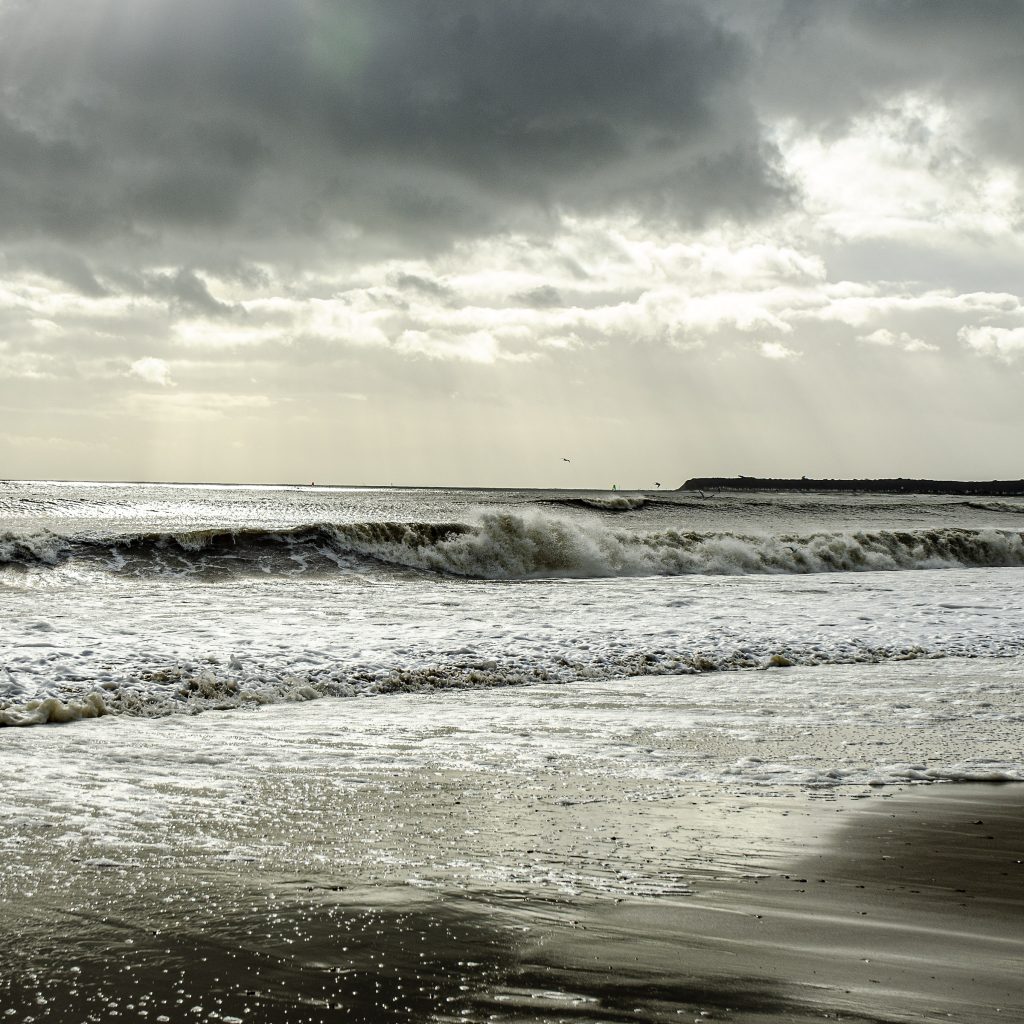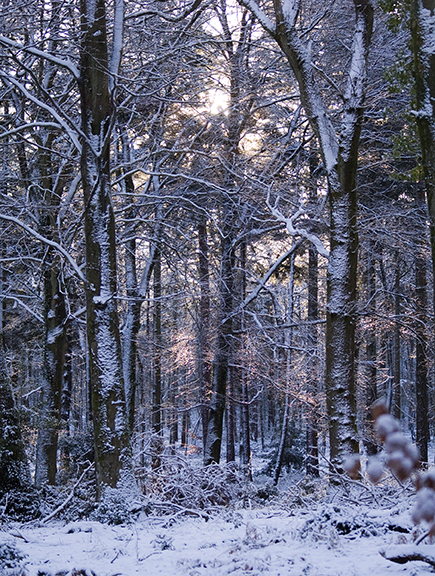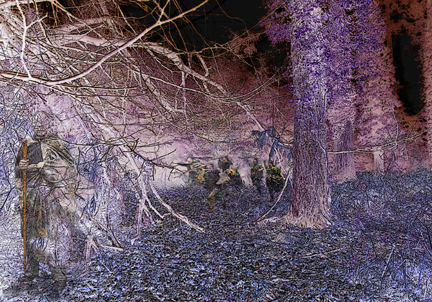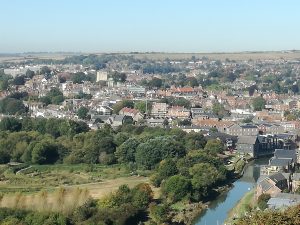Some thoughts about the aftermath of the two fierce storms to hit us so far this year. The photograph is of Highcliffe beach, looking west towards Hengistbury Head.

After the Storm
Nothing will be forgotten.
The storm is over, but the sea remembers.
Beneath the hammered silver surface,
within the roaring of the undertow,
nothing is ever left to chance. The waves
swallow the seething anger of the wind,
drowning in deep green memory.
And all may be recalled again one day,
as broken jetsam washed up on the shore,
abandoned by the cold relentless tide.
Nothing will be forgotten.
The cold relentless tide abandoned
as broken jetsam washed up on the shore
may be recalled again one day.
Drowning in deep green memory,
swallowing the seething anger of the wind,
the waves are never left to chance.
Within the roaring of the undertow,
beneath the hammered silver surface,
the sea remembers, but the storm is over.
Nothing will be forgotten.



